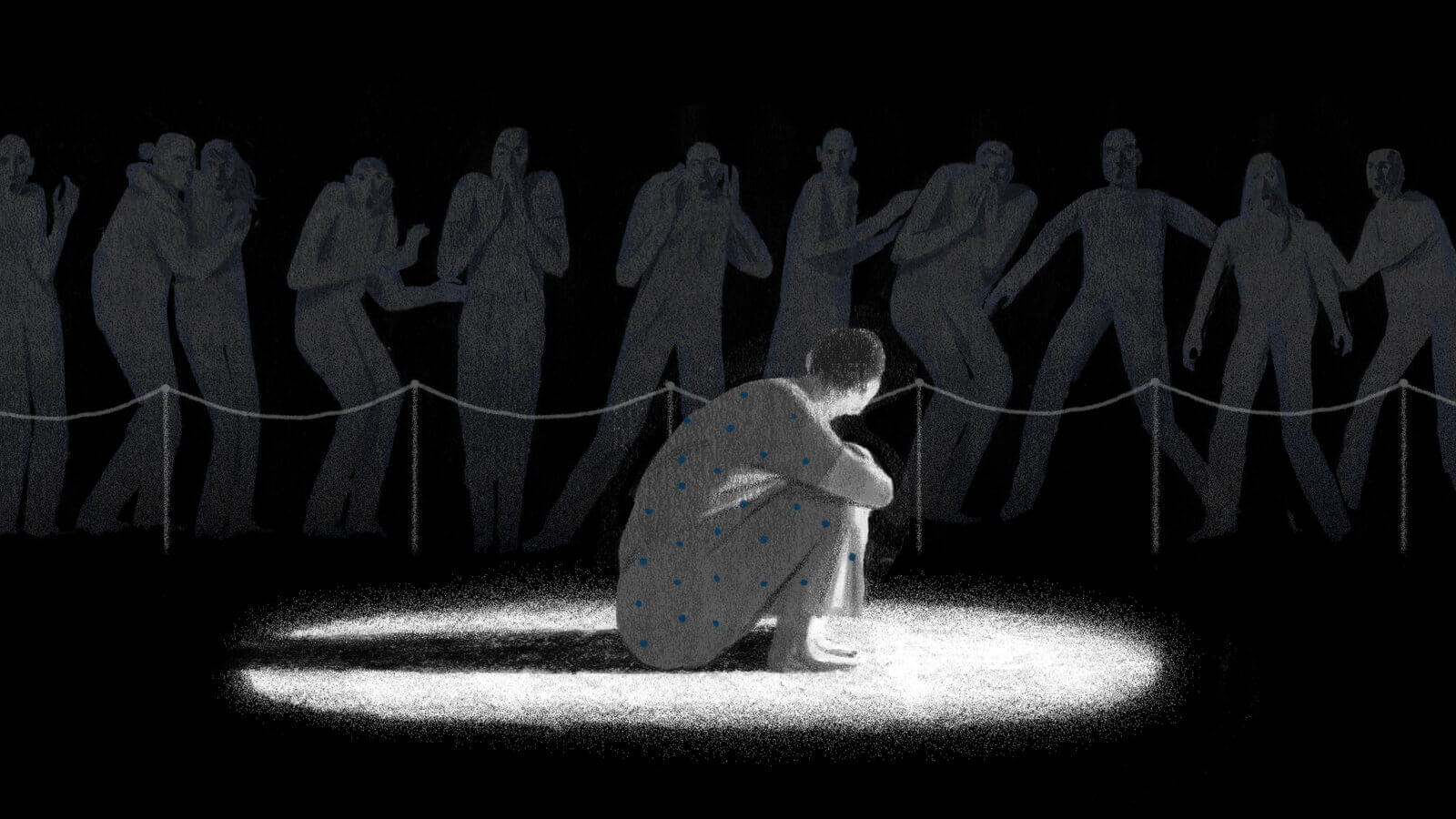
Handling mental illness in rental units
When a tenant is troubled and creates acrimony, we need to find compassionate and legal means to address it.
![]()
Among the many ballot initiatives in front of voters on March 5 is Proposition 1.
Coined “treatments, not tents,” Proposition 1 will refocus billions of dollars to address California’s intractable problems of mental health, substance abuse, and homelessness, all of them occurring at the same time.
While no one initiative alone will solve the crisis upon us, Proposition 1 provides much-needed resources to expand mental health and substance abuse services. We urge the rental housing to vote for Proposition 1 not only because it is the right thing to do; it will also contribute to safer, cleaner rental communities. We always want our residents to flourish.
Inexorably, mental health issues, addiction, and dysfunction impact housing providers. Bornstein Law spends much of our time responding to nuisances that occur in and around rental units.
We’ve said many times and in many venues that the best way to resolve a conflict is to avoid it in the first place. But that’s not always possible and no legislation or level of compassion by community-based behavioral health services will avoid friction in rental units when residents are struggling with mental illness and addiction. We’ll have to be prepared to deal with it.

Can we reasonably accommodate a disability?
Tenant attorneys are prone to point out that under fair housing laws, landlords must make modifications or adjustments to allow persons with disabilities equal opportunity to use and enjoy a dwelling. The operative term is “reasonable.” Sometimes, a mentally ill tenant can be accommodated.
For example, an individual may be able to be transferred to a quieter unit if noise exacerbates his or her mental illness. Likewise, perhaps they can be transitioned into a more isolated unit if they are chanting at all hours of the night disturbing neighboring residents. Another solution might be adding insulation.
If the person is bothering other tenants or has awkward interactions with them, one option might be to enable the use of a separate entrance to the building to limit contact with the rental community.
Some creative solutions may be in order. We’ve heard that in one case, a tenant having hallucinations was known to damage the walls in her apartment because she thought voices were coming through the walls. The only way to get rid of the voices was to lash out at them physically. An inventive landlord gave the tenant a foam bat to combat the voices, and it worked.

Hoarding can be considered a mental illness entitling tenants to protections.
Keep in mind that Hoarding Disorder (HD) is a distinct mental illness. It’s more than “having too much stuff.” For those of you wondering what the official diagnosis of HD is, it is explained here.
Maintaining the rental unit in a safe, sanitary, and habitable condition is a dual responsibility on the part of the landlord and the tenant. When tenants go beyond clutter and disorganization and block emergency exits or doorways, interfere with ventilation or sprinkler systems, attract vermin or mold through improper food storage, and the like, it creates a hazard for others and hence, is a violation of the lease.
When these behaviors are detected, we will typically serve a notice to fix the squalor and hazardous conditions. If it goes unheeded and uncorrected, we become more aggressive, and at some point along the way, the tenant retains an attorney who sends us a letter.
As if we need any reminder, the tenant’s attorney reminds us of a litany of fair housing laws and requests a reasonable accommodation because their client is allegedly disabled. This accommodation may come in the form of giving the hoarding tenant extra time to discard items, perhaps hiring a cleaning service, and working with Adult Protective Services or mental health professionals to address the underlying condition.
Many times, we will comply with these requests for accommodations but it is on a case-by-case basis. Keep in mind that we know from our hard-won experience that even if the rental unit is restored to pristine condition, the recidivism rate is high.
Read our in-depth piece on hoarding →
California’s attempt to meddle with the mental health care system
Not so long ago, California expanded its standards for involuntary medical treatment to include seriously mentally ill people who are unable to keep themselves safe or tend to basic needs.
Disability and civil rights activists argue that the Community Assistance, Recovery and Empowerment Act (CARE Act) tramples on an individual’s rights by subjecting them to conservatorship, while some experts in the psychiatric field say the legislation didn’t go far enough and will leave many helpless people falling through the cracks of the system and potentially dying on the streets.
Here in San Francisco, we have a CARE Act Court with the stated purpose of helping community members who, because of serious psychotic disorders, would benefit from help but do not recognize that they need it.
The Judicial Council of California has put together a succinct video explaining more.
No rental housing providers that we at least know of have availed the CARE Act to address a mental health crisis occurring within a rental unit. The threshold is high; the tenant would have to be very incapacitated. Yet we want you to be aware of this vehicle to guide a tenant to treatment, if not transition them out.
What about the mental health of landlords?
As an undergrad, Daniel Bornstein considered going into Psychology and becoming a clinician to help other people, before deciding to go into landlord-tenant law, and he never looked back.
He will say that as an attorney, he made more of a transformational change in people's mental health than he could have as a medical practitioner. When disputes arise in a rental unit, it is a thorn in the side of a landlord that is all-consuming and leads to a great deal of stress but once the dispute is resolved and the thorn is removed, there is immediate relief.
While a counselor can spend 10 or 20 years helping someone sort out their problems, there is an instant change in mental health and well-being when real estate problems are solved.
Parting thoughts
Landlords have been asked to wear many hats. During the heart of the pandemic, they were asked to be de facto social workers by helping distressed tenants apply for governmental rental assistance funds. Thankfully, that era is behind us.
Yet the optics of displacing an unwell tenant without making a good faith effort to work with them are not good.
Barring egregious or threatening conduct, housing providers are advised to show a bit of latitude and create a narrative that every effort was made to assimilate the tenant into the rental community. If these outreach efforts fail, there are other options.
